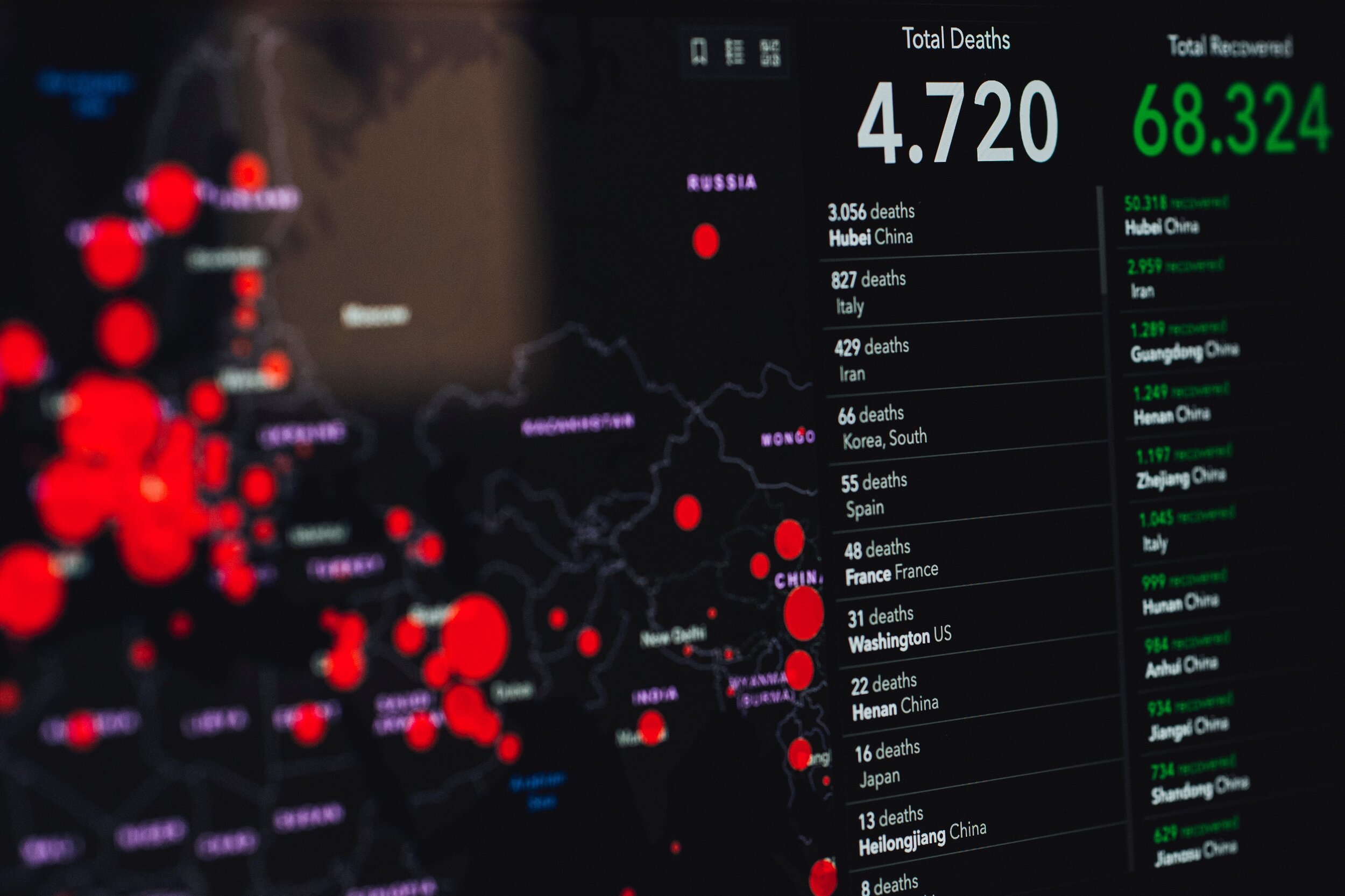
Free resources to help you succeed as a business owner
FREE HR CheckUP Tool©
Assess how your company’s HR practices and activities are functioning with our free HR CheckUP Tool©
FREE Excerpt from Be Brave
Tips and highlights from the complete 24-page interactive version, to help you become confident with difficult conversations.
-

COVID-19: Tough Decisions for Business Owners (TDBO)
TDBO became a series of free webinars from March to December 2019 to help business owners and HR professionals navigate through COVID 19, understanding the implications for employers and their employees.
-

Talent Talks for Small Businesses (TTSB)
Season 2 of free webinars on the impacts of working through COVID for employers and their employees, now focused on how to keep your employees. The theme was focusing on the Employee Experience.
-

Video Interviews
-

Podcast Appearances
-

Blog
-

Media and Press
Tips & Strategies
-
An effective leader IS NOT:
A believer of favouritism: an effective leader treats each person equally, given the same circumstances with the same action.
Controlling and micromanaging: an effective leader gives enough guidance, mentoring and coaching for the staff member to learn and shine.
A hoarder of information: an effective leader delegates the right tasks to the right team members, sharing information to help the individuals understand what needs to be done.
An effective leader will REVUP:
Shows R RESPECT when speaking to staff, building a trusting relationship that will engage and motivate.
Treats all staff as E EQUALs, showing each of them how important their role is for the company’s operations as a whole.
V VALUEs and recognizes each staff member’s contribution to the organization.
Taps into each staff member’s U UNIQUENESS to optimize team performance.
Maximizes the team’s P POTENTIAL to build a foundation for success.
-
Have the courage to confront the concern. If you do, it will get easier to discuss the next time you have a difficult conversation. Dealing with concerns in a timely way, will result in enhancing employee engagement, creating a more positive and respectful work culture, and improving productivity.
Be open-minded and listen. Start the conversation with a neutral statement in a respectful tone, and don’t make assumptions. Allow for discussion and listen for the response. That listening is such a key thing because it helps people feel valued and validated. It can result in meeting project deadlines, increase productivity and morale.
Last but not least, adopt the Connecting with REVUP™ approach. Be respectful to people, treat people with equality, value them, look at their uniqueness and tap into their potential. When you create a trusting relationship with staff members, those difficult conversations can become more like discussions rather than tension-filled defensive arguments.
-
Mission, Vision and Values are the strong foundation every company needs, no matter how big or how small your company is. The Mission Vision, and Values creates the foundation of your company. With that foundation, everything builds on top of that – your operations, your business, the clients you choose to work with, and the HR processes you lay down.
Simply put, when you have a clear Mission, Vision and Values, it will guide how you build your operations, what you define as your ideal clients and who you choose as your staff. All of these are a reflection of you business and the Mission, Vision and Values.
My word of advice to you is to keep your MVV simple, clear, and concise. Most importantly, make it RELEVANT. Too many organizations make it too philosophical and ideal. More often than not, employees forget what their company’s MVV is because it’s too long, hard to remember, and does not resonate with them. Make sure your company’s MVV is memorable and forward-thinking.
To learn more, listen to Hilda here as she explains how and why it is important to create a strong and resilient Mission, Vision, and Values. If you need help on how to create simple and effective Mission, Vision, and Values, connect with us here.
-
With the stresses that many staff are undergoing during COVID-19, Managers and Employers should be cognizant that the stresses may result in depression or burnout. In 2020, it is predicted that depression will be the #2 causes of illnesses. The mental health of staff will be a priority that employers should be concerned during the upcoming year.
Here are some signs of burnout and these are things or triggers that you should be looking for in your staff and in yourself.
Low energy or little interest in what they’re doing.
Tardiness or increased absences from work
They might start to become forgetful – deadlines, not handing in projects on time, etc.
Negative attitudes or behaviours might seem untoward, such as bursts of negative comments or disruptive behaviours that really damage the working relationships of people.
Some physiological changes, such as headaches, constant fatigue, or frequent backaches. The physical symptoms are often a reflection of the underlying mental conditions.
If you suspect the employee is showing signs of burnout, make inquiries, but from a neutral perspective and inquire based on stating the observed behaviours. Ask if the staff member is okay, whether they want to talk or if there is something that the company or you as the manager or leader can do to help. If there is indeed burnout, depression or extreme stress that is affecting the employee’s work, offer strategies, support and external resources to help.
To learn more about how to address an employee’s signs of burnout, watch the recording of EP11 – How to Master Difficult Conversations at Work as part of the COVID-19 Tough Decisions for Business Owners Webinar Series.
Career Insider Business
The importance of acquiring the CHRP designation & advice on what entry level jobs recent graduates should pursue.
Guides and Resources
-
Your HR CheckUP Tool©
-
Online Trainings with HR Primed
Visit HR Primed
-
Posters required in the Workplace
Visit Posters required in the workplace | Ontario.ca
-
Your Guide to the Employment Standards Act
-
Understand the Law on Workplace Violence and Harassment
-
Guide to the Occupational Health and Safety Act
-
Accessibility for Ontarians with Disabilities Act (AODA) Free Online Training
-
Guide to Your Rights and Responsibilities Under the Human Rights Code (Ontario)
-
A Guide to Interpreting Ontario’s Pay Equity Act


